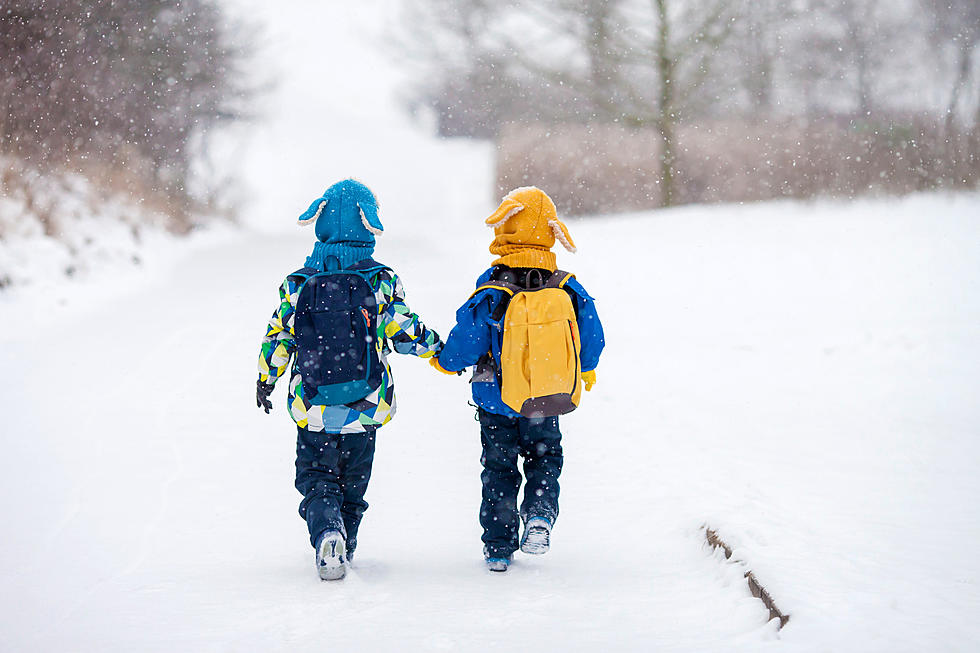
Winter of 2022: Is NJ finally done with snow and ice?
Spring has officially arrived (it begins March 20), and if you were wondering, the just-completed winter season was not terribly harsh for most Garden State residents.
According to Rutgers University-based New Jersey state climatologist Dave Robinson, the winter of 2021-2022 is going in the books as “on the mild and dry side, flip-flopping with more snow in the south, and gratefully no major coastal storms that resulted in major flooding and major beach erosion.”
Not a lot of shivering
He said for what are usually the three coldest months of the year — December, January and February — it was more than 1 degree above normal.
“December was the 3rd warmest on record going back to 1895, and the winter as a whole was the 16th warmest in the last 128 years, and that certainly has continued into March.”
He pointed out depending on where you live in the state, it was wasn’t very snowy or it was quite snowy.
“The southeastern part of the state had more snow than the northwestern part of the state. Atlantic county is going to be the snow capital of New Jersey for the winter.”
He noted one major storm, on Jan. 3, socked South Jersey but “nothing got much north of 195, really the Atlantic City Expressway.”
Could it still snow?
New Jersey 101.5 Chief Meteorologist Dan Zarrow said even though spring has sprung, “it’s absolutely still possible that we see snow or frosts or freezes but the threat of a big winter storm burying us. The bread-and-milk kind of thing, that’s over for the year at this point.”
He said the reason is “it just gets very hard for big snowstorms to actually form, the sun angle is too high, the days are too long and too warm.”
Don't waste water
Robinson said the winter season did not see much precipitation of any kind in many parts of the state, and right now “the southern quarter of New Jersey, quarter to a third, has been classified in the National Drought Monitor as D-1, which is moderate drought.”
He also pointed out much of the rest of the state is D-0, which means abnormally dry.
He said an evaluation by the Department of Environmental Protection shows groundwater levels and stream flows are below normal.
Robinson noted reservoir levels are listed as average right now, but this is the time of year they should be filling up, which is not happening, so we need to be careful with water use moving forward.
“We finished 2021 with November-December combined being the driest November-December on record.”
David Matthau is a reporter for New Jersey 101.5. You can reach him at david.matthau@townsquaremedia.com
Click here to contact an editor about feedback or a correction for this story.


